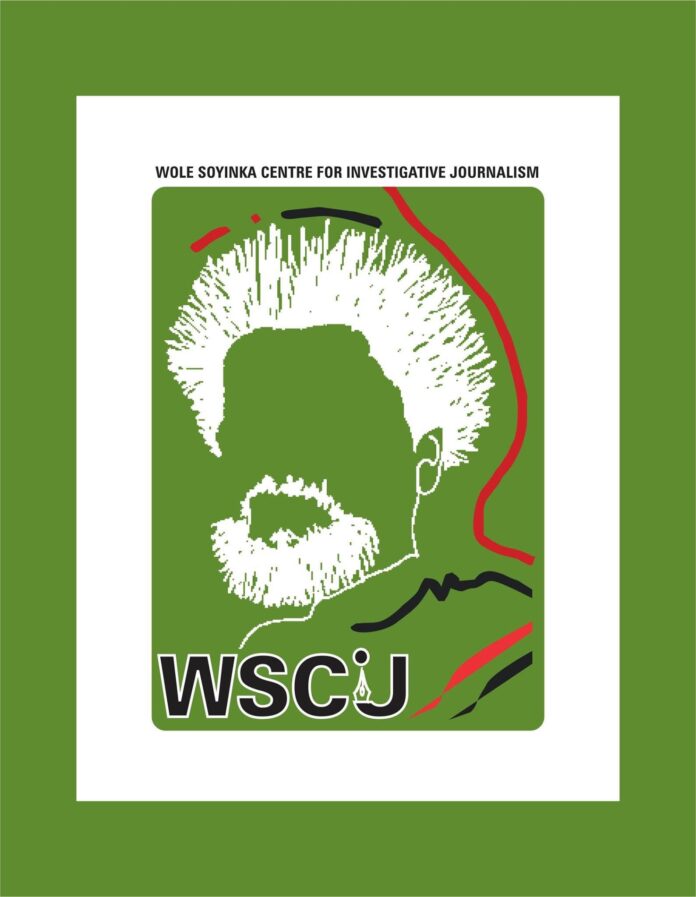WSCIJ stresses role of investigative journalism in promoting accountability, development
The Wole Soyinka Centre for Investigative Journalism (WSCIJ) has restated the importance of investigative reporting in building accountability and democracy in Nigeria, calling for stronger funding, collaboration and support for journalists.
This was the focus of the September 2025 edition of the WSCIJ Conversations, held on X (formerly Twitter) with the theme “Wole Soyinka Award Rewarding Practices for Two Decades: Is investigative reporting worth it?”
Neptune Prime, present at the webinar, gathered that the discussion was moderated by Abosede Adeniran-Aderemi and brought together leading voices in the profession, including Mike Asukwo, Cartoon Editor of Business Day; Lami Sadiq, former Head of Investigation at Media Trust; Ajibola Amzat, Africa Editor at the Centre for Collaborative Investigative Journalism (CCIJ); Bukola Coker of Channels TV; and Juliana Francis, Publisher of Security News Alert.
READ ALSO: Neptune Prime, WSCIJ address gender inequality, insurgent violence against women in Borno (Pictures)
David B. Lawal, Communications Manager of WSCIJ, gave the opening remarks. He said the award, launched in 2005, has for 20 years recognised journalists who take risks to expose corruption, human rights abuses and other failings. He added that the anniversary was not only a moment to celebrate but also to ask what the future of investigative journalism will look like.
Speakers agreed that investigative journalism is not only about breaking news but also about breaking silence by bringing hidden truths to light. They stressed that teamwork, partnerships and the use of both traditional and digital platforms are key to producing stories that can drive change.
The conversation also touched on the challenges facing the field. These include shrinking newsroom budgets, fear among young reporters, and the use of cybercrime laws to intimidate journalists. Panellists warned that government actions often create obstacles instead of providing the needed support.
Education and training were highlighted as ways to strengthen the profession. Participants called for journalism schools to place more focus on investigative methods, while newsrooms were urged to set up dedicated desks to support this kind of reporting.
READ ALSO: Neptune Prime, WSCIJ, train editorial staff on professional journalism standards (Pictures)
Despite the risks, panellists said investigative journalism remains central to Nigeria’s democracy. They encouraged upcoming reporters to start small, stay committed, and support one another, saying the impact of their work on society is always worthwhile.
Motunrayo Famuyiwa-Alaka, Executive Director of WSCIJ, closed the discussion by reaffirming the organisation’s commitment to promoting accountability through journalism. She explained that WSCIJ has supported digital journalists, promoted stories on rural communities, and encouraged collaboration across media. “Government must be held accountable,” she stressed.
The WSCIJ, which started in 2005 as the Wole Soyinka Investigative Reporting Award, has since grown into a centre that trains and supports journalists while exposing corruption, abuse and regulatory failures. For two decades, it has remained a strong voice for truth-telling in Nigeria’s media space.
Follow the Neptune Prime channel on WhatsApp:
Do you have breaking news, interview request, opinion, suggestion, or want your event covered? Email us at neptuneprime2233@gmail.com





